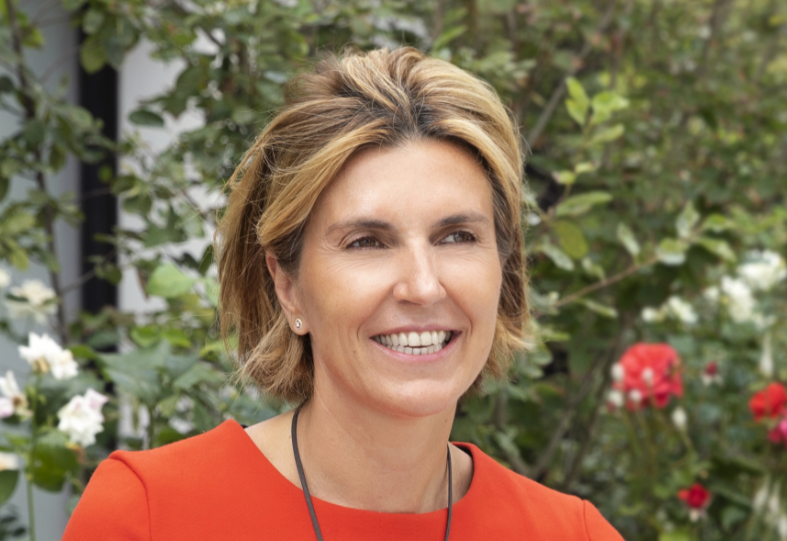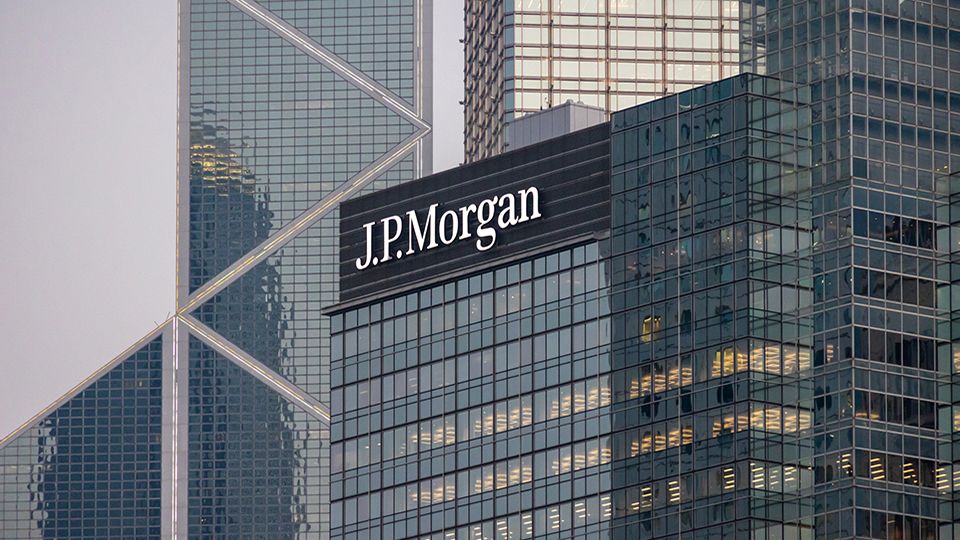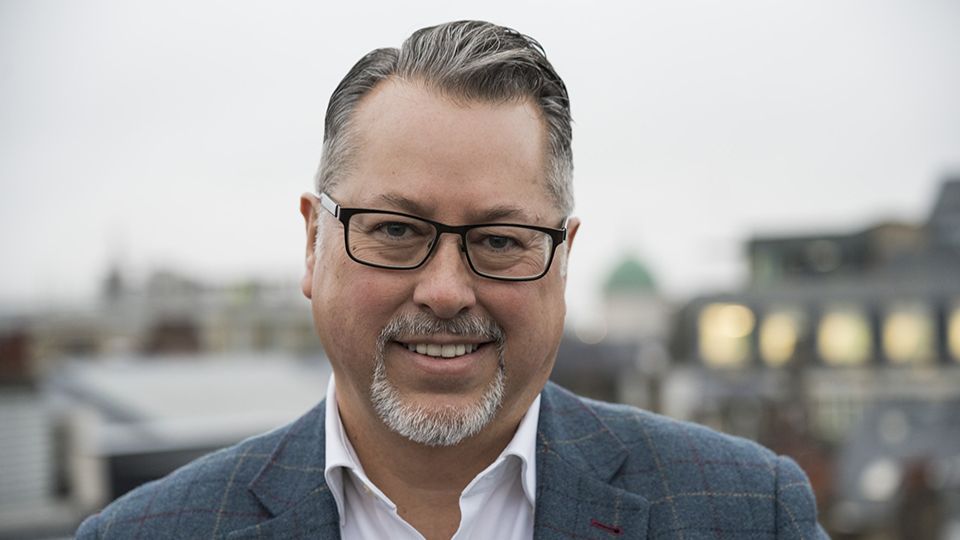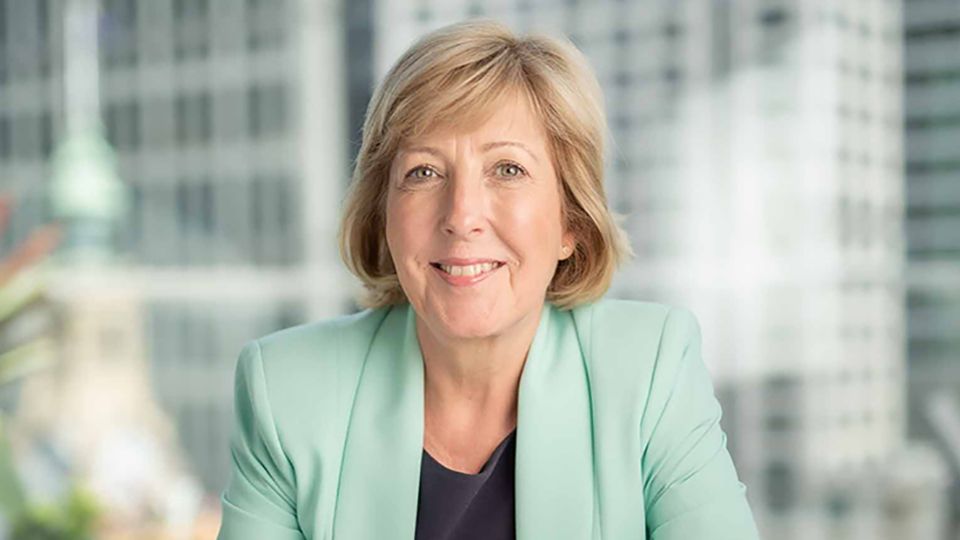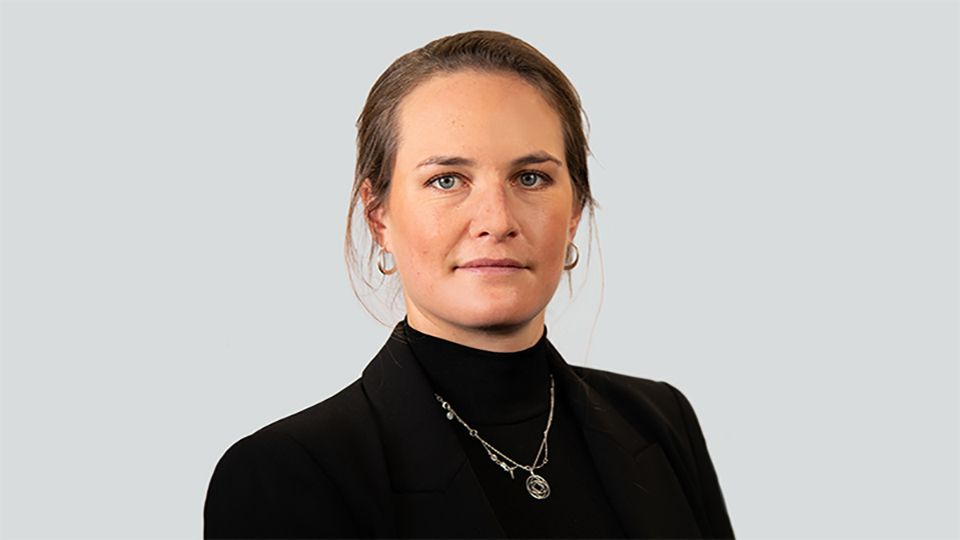While a number of asset managers are just getting to grips with launching ESG products or integrating ESG practices into investment processes, Schroders is knocking on the door of 100% integration and is about to take its next step – towards measuring impact across all its assets.
It wasn’t that long ago the London-listed fund group set its sights on 100% ESG integration across its entire investment portfolio. In November last year, the group said it had successfully achieved integration of 50% of its in-house assets and targeted the end of this year for full integration.
Carolina Minio-Paluello, global head of product, solutions and quant, as well as a member of Schroders’ group management committee, the principal advisory committee to CEO Peter Harrison, says this process is at least 95% complete – and the group has set its sights further.
“Today, nearly all our assets are ESG integrated, but we feel this is not enough. The next phase for us is to understand the impact our investments have,” she says.
“ESG is an integral part of what we have been doing over the years. We have been looking at understanding the ESG risk and opportunities; understanding the data. Portfolio managers across all our investment desks, including equity and fixed income, understand the emphasis for managing the portfolio now is very much in considering how the impact is.”
She adds the group does not plan to be talking much more about integration as this nears completion. The focus will be on its aspiration to become a leader in measuring the impact of investment.
“We are trying to make sure everyone understands the dimensions and ambitions. This is something that is backed by the entirety of Schroders,” according to Minio-Paluello.
ACQUISITION AND TOOLS
The journey to measuring impact has been propelled by two key factors: Schroders acquired a majority stake in BlueOrchard Finance in July 2019, and also came up with a new investment tool, led by recently appointed global head of sustainable investment Andy Howard, on measuring impact of investments from a risk and opportunity perspective.
Established in 2001, BlueOrchard pitches itself as a ‘pioneer’ in microfinance and impact investing, offering impact solutions across credit, private equity and sustainable infrastructure.
CEO Peter Harrison tells ESG Clarity: “As an active investor in many companies, Schroders is increasingly seeing our clients are no longer interested solely in the returns generated by their investments, but also in the broader impact of those investments.
“We took a further significant step along this journey last year with the acquisition of a majority stake in leading impact investor BlueOrchard.
“This has enabled us to continue to expand our sustainability expertise and offer a new range of solutions to the increasing number of clients who are seeking investments that have a beneficial impact on society and the environment, as well as generating positive investment returns.”
Minio-Paluello, who is on the board of BlueOrchard, also notes: “The acquisition is a watershed in our sustainability journey towards impact investment. We’re now trying to figure out how the respective journeys are coming together because, if you think about it, we are on a journey of measuring impact in the liquid space and they are the market leader in impact in the private assets and microfinance space. The ambition is to work more closely and also manage strategies together.”
In terms of the tools, Howard has built on the success of SustainEx, which measures the positive and negative externalities a company imposes on society and the resulting impact on its revenues, to launch a new tool called ThemeX, focused on measuring companies’ contribution to specific sustainability themes.
Minio-Paluello explains the SustainEX tool is able to estimate a company’s cost to society, whether there is a risk of regulatory intervention and, then the risk to the investment. In contrast, ThemeX helps portfolio managers understand a company’s contribution to the 17 Sustainable Development Goals, a blueprint devised by the UN to achieve a better and more sustainable economy by 2030.
“When I arrived nine months ago and saw the tools Andy had been building to estimate the impact on society, I thought it was ground-breaking,” says Minio-Paluello.
“I showed it to some of our very sophisticated clients and they hadn’t seen anything like it before. That gave me the impetus to say this is something that will be extremely important.
“The portfolio managers, as they have been assessing the risk associated with ESG, have now started to access this forward-looking measure of impact.
“It is critically important because it gives them a view of the future and what cost could effectively come back to them. Andy is also trying to risk-weight this cost in terms of the likelihood of regulatory pressures. We call it a forward-looking measure of cost to society.”
She further explains this social cost becomes a financial one, and therefore is something managers will actively seek to reduce exposure to because it represents higher risk.
“We have a fiduciary duty to deliver performance to our clients, but we can now align their portfolios to their preferences, their values and the SDGs. It’s no longer enough to talk about performance as more and more people are asking, ‘What is the impact of our portfolios?’
DRIVING INNOVATION
Looking to the future of the asset management industry, Minio-Paluello echoes the sentiment that the firm’s message will no longer be focused on ESG integration but on impact of investments. While she adds Schroders seems to be at the forefront of this, she expects the industry will follow suit.
“Words such as ‘ESG’ or ‘sustainable’ will disappear, and the challenge will become bringing in the impact edge. In five years, we will see who has the tools and the ability to integrate it.”
Harrison adds that ESG is of critical importance, but innovation is also key in moving forwards. “As an industry we have become very good at talking about sustainability issues and their significance, but it is important we do not neglect the doing and innovating – it is action rather than words that will help us deliver a more sustainable future for our clients.”

